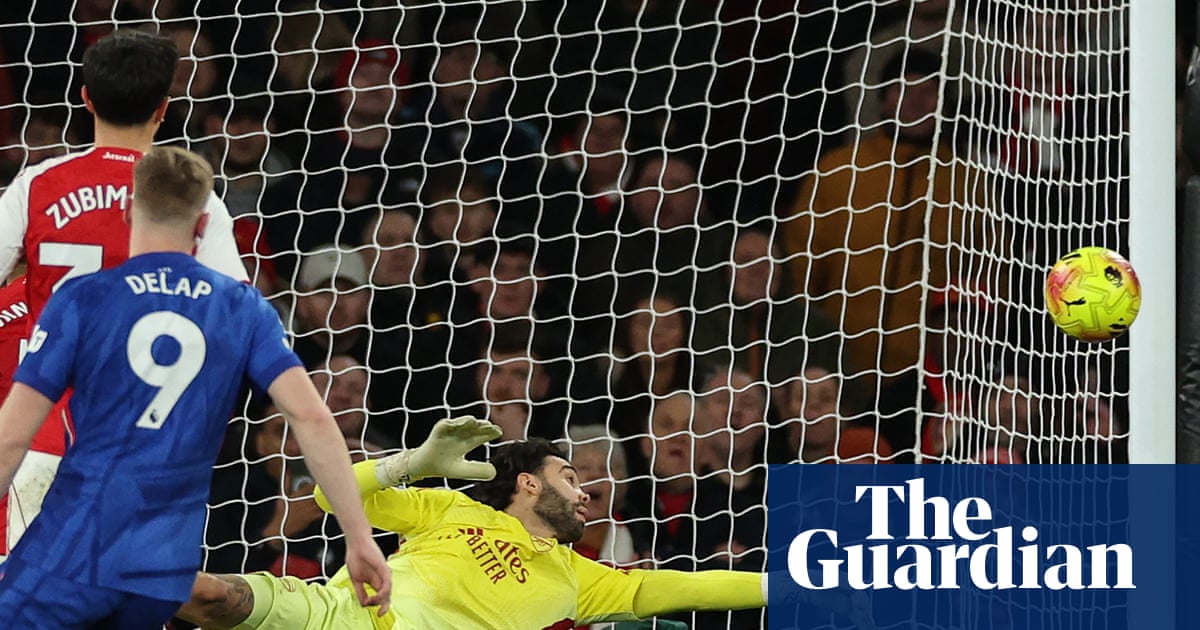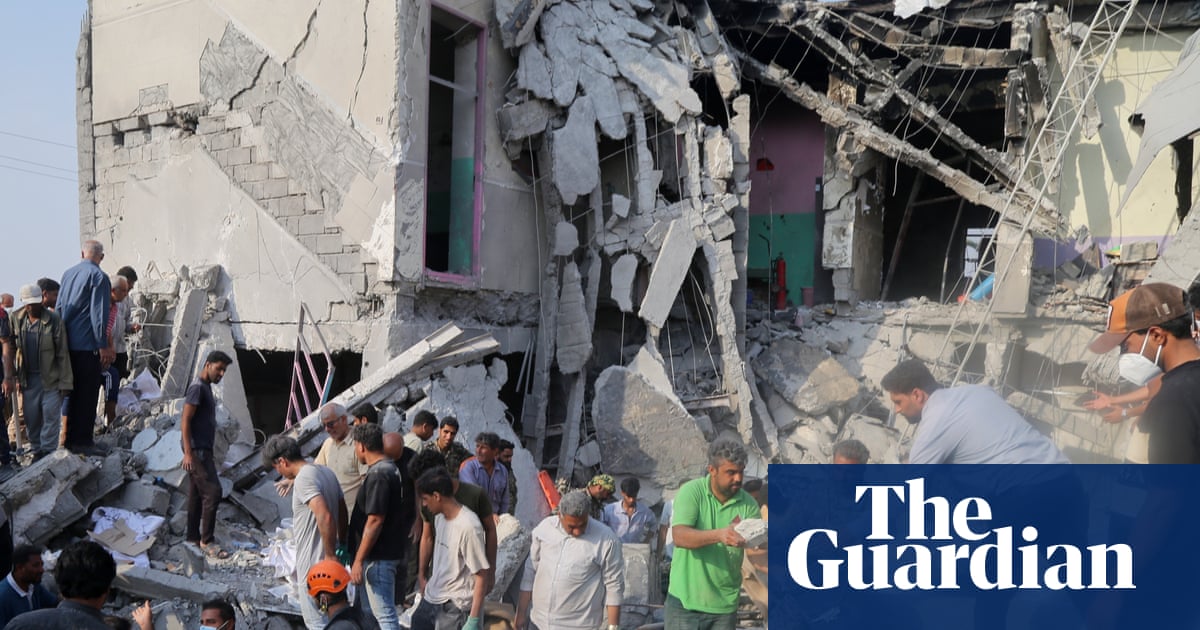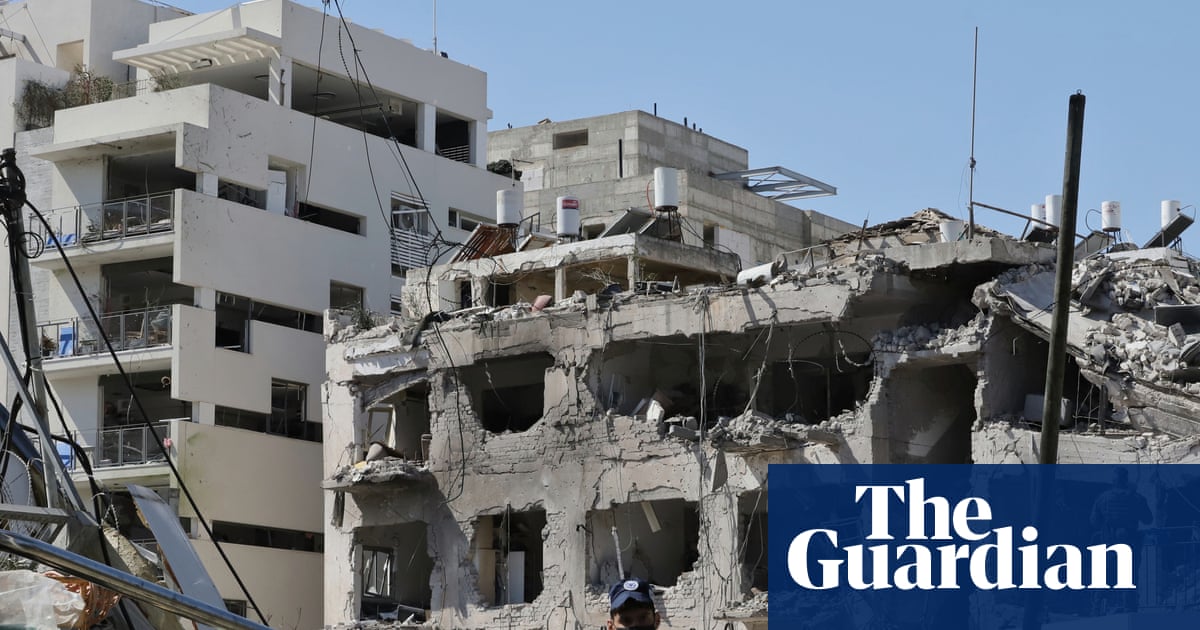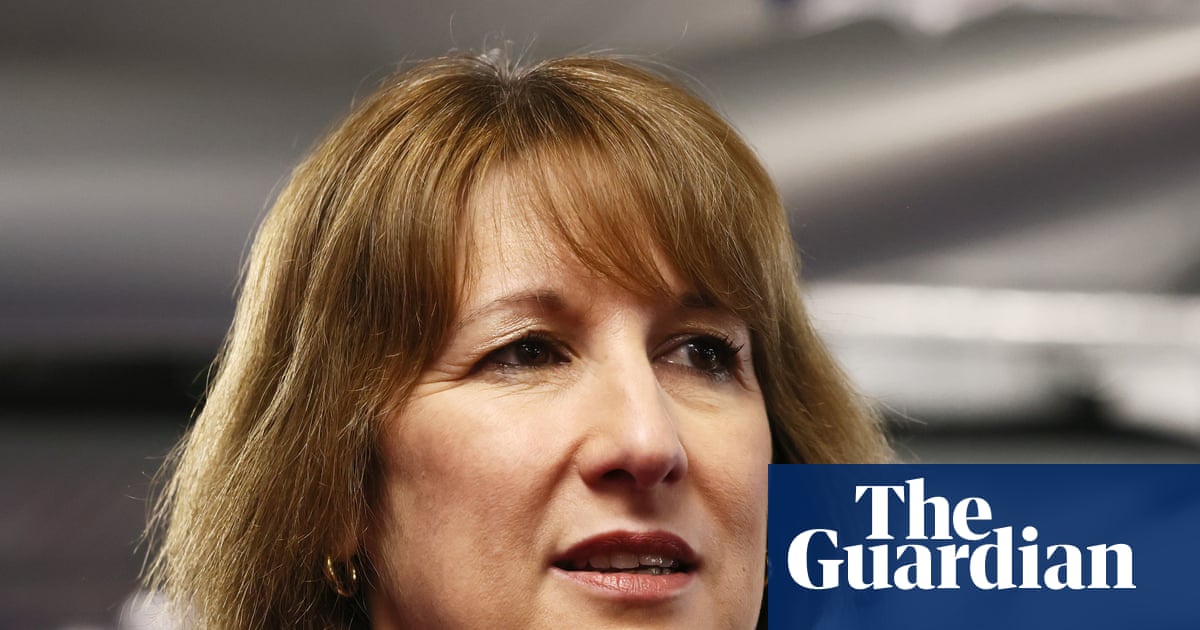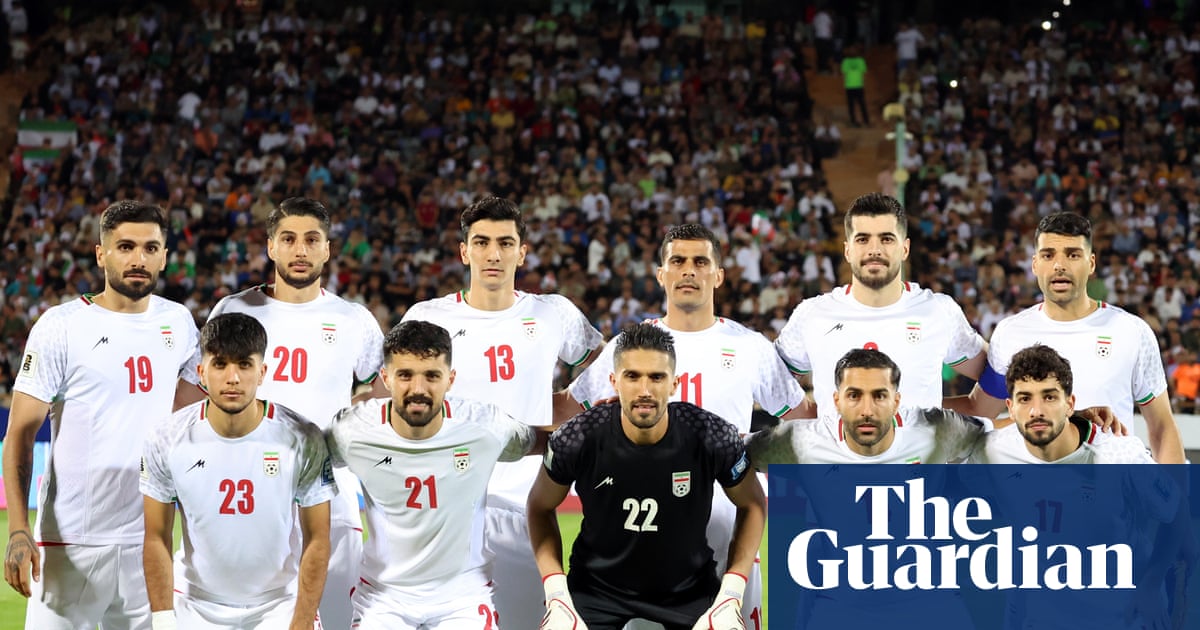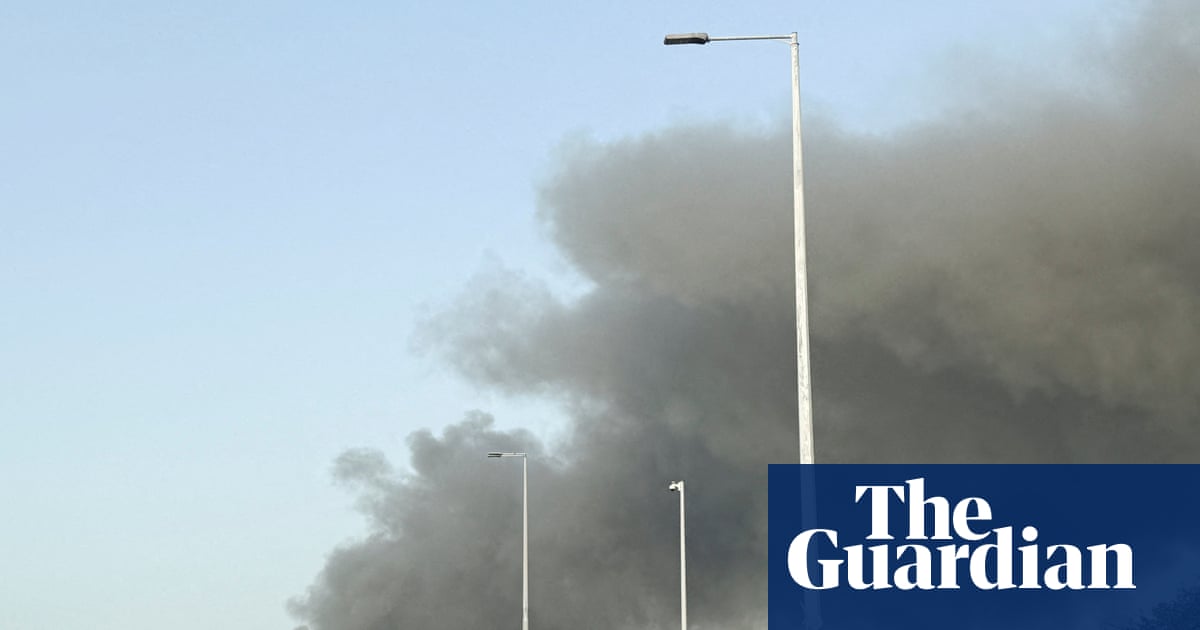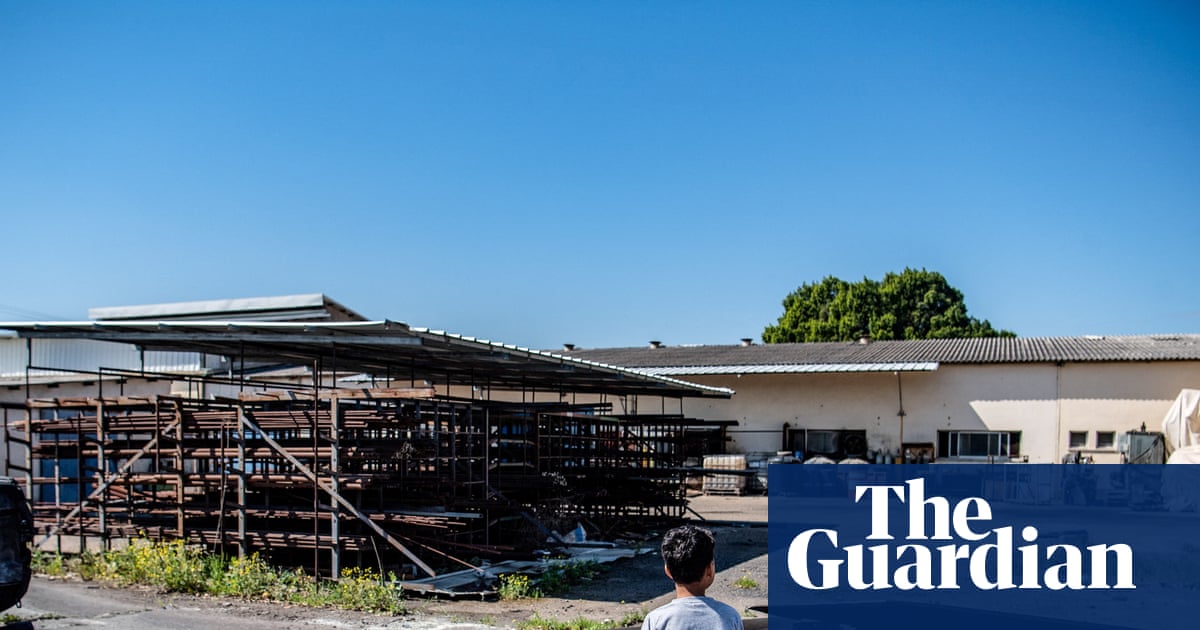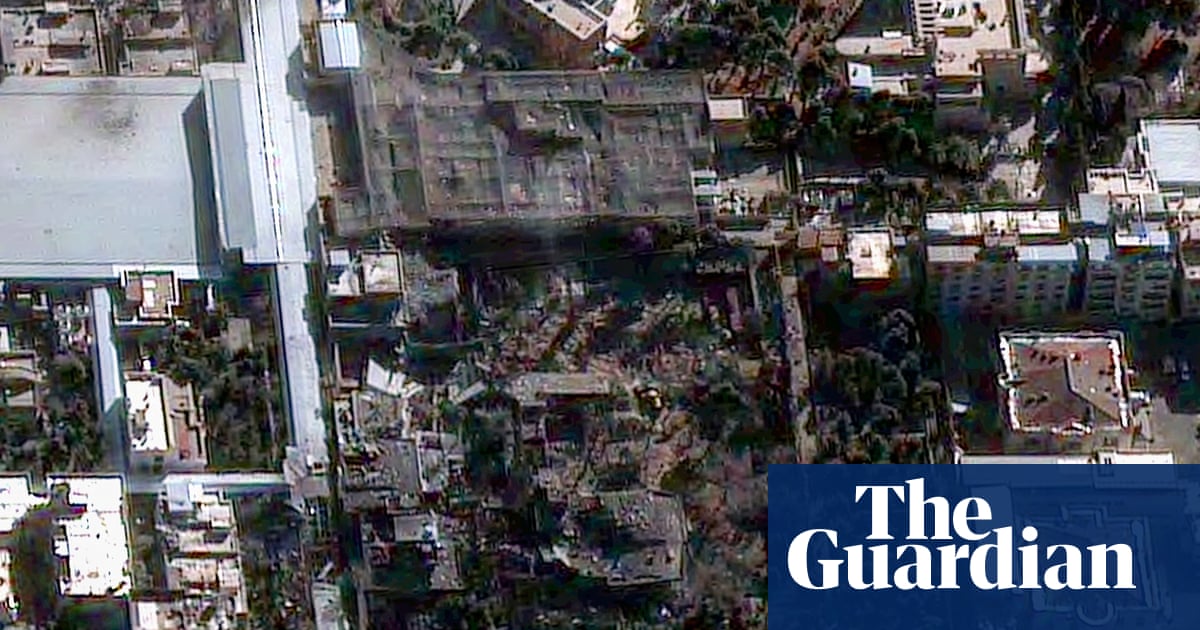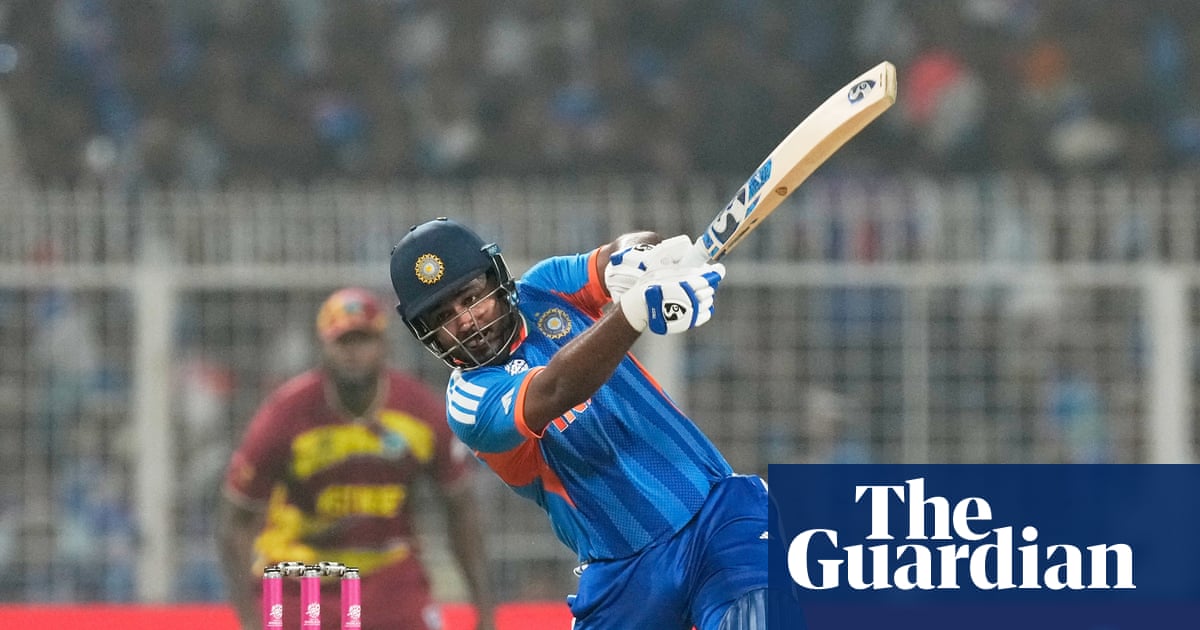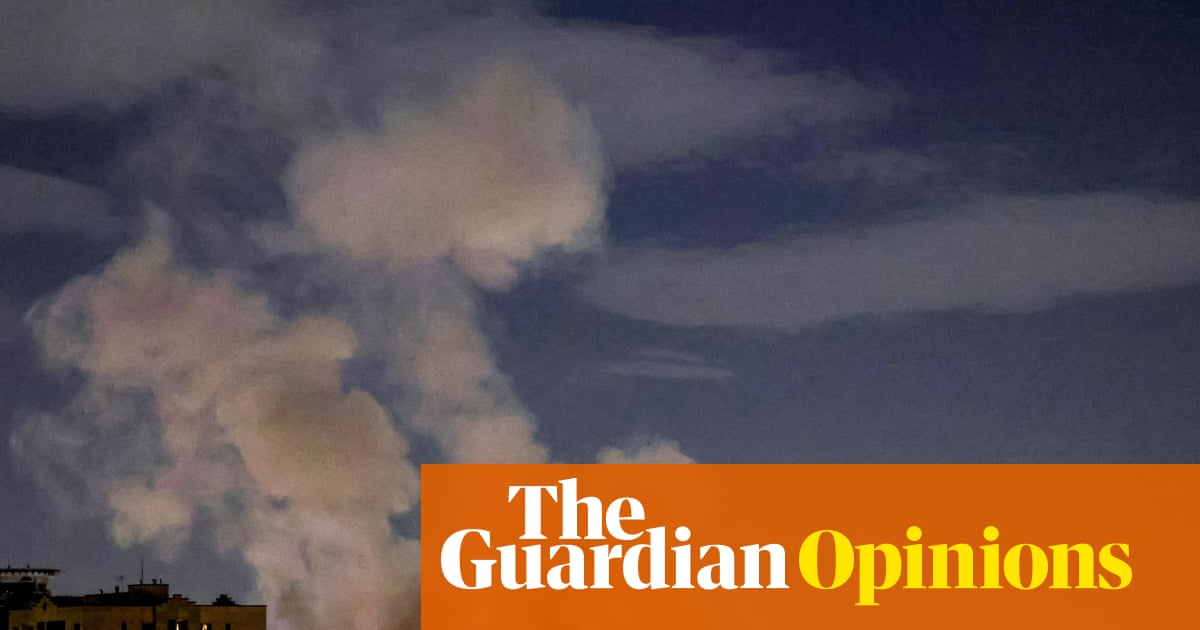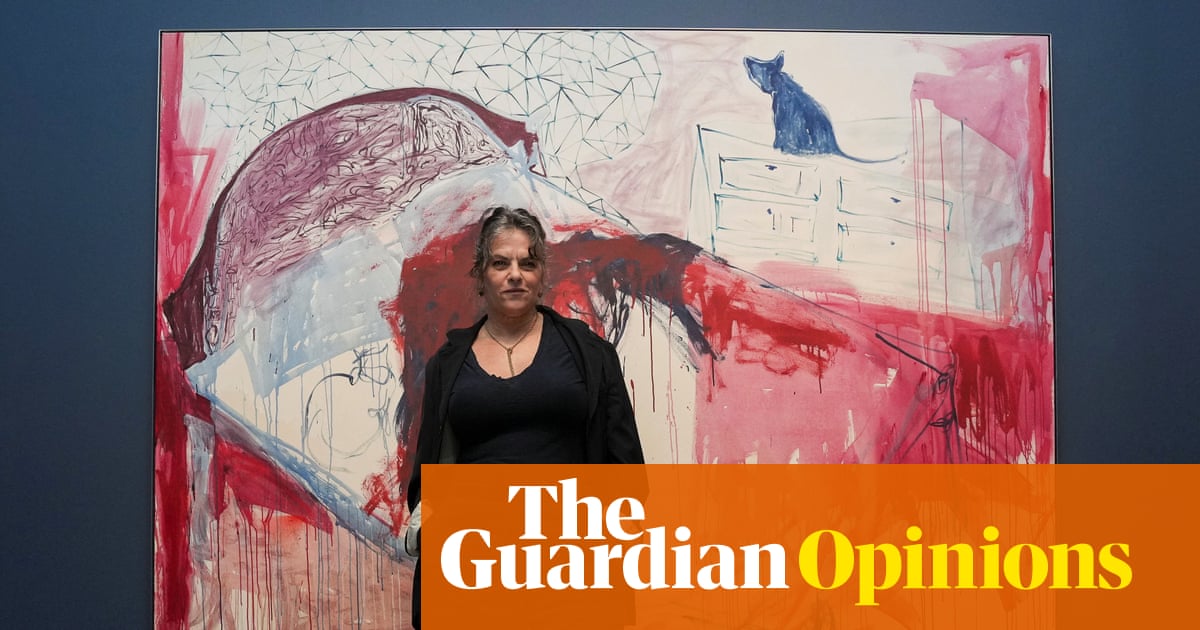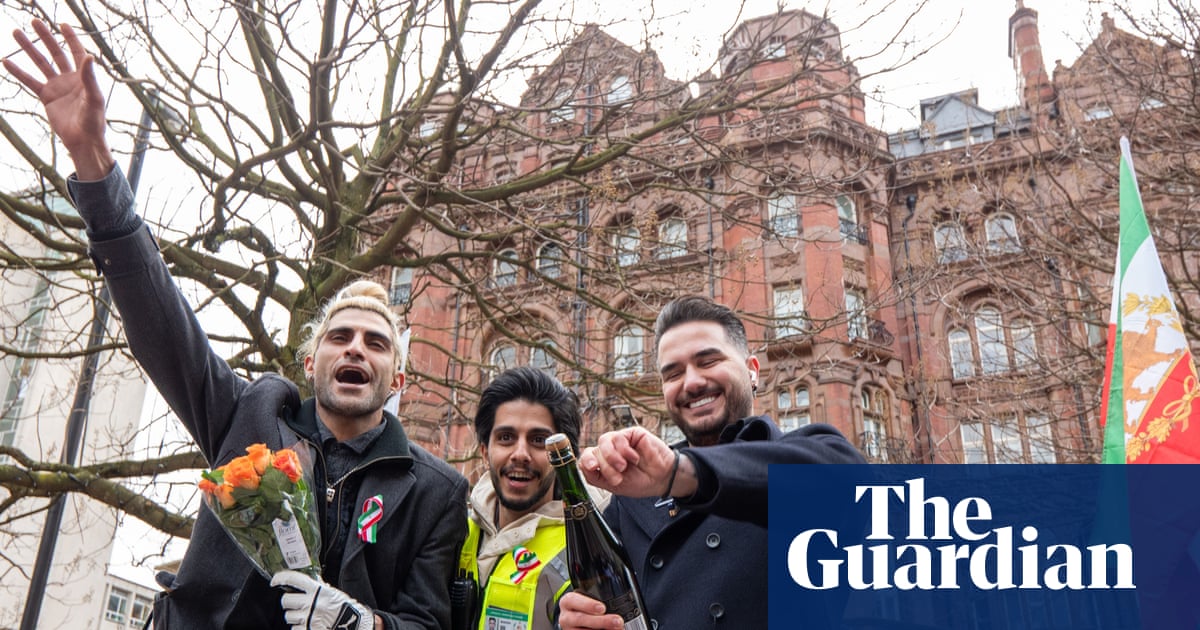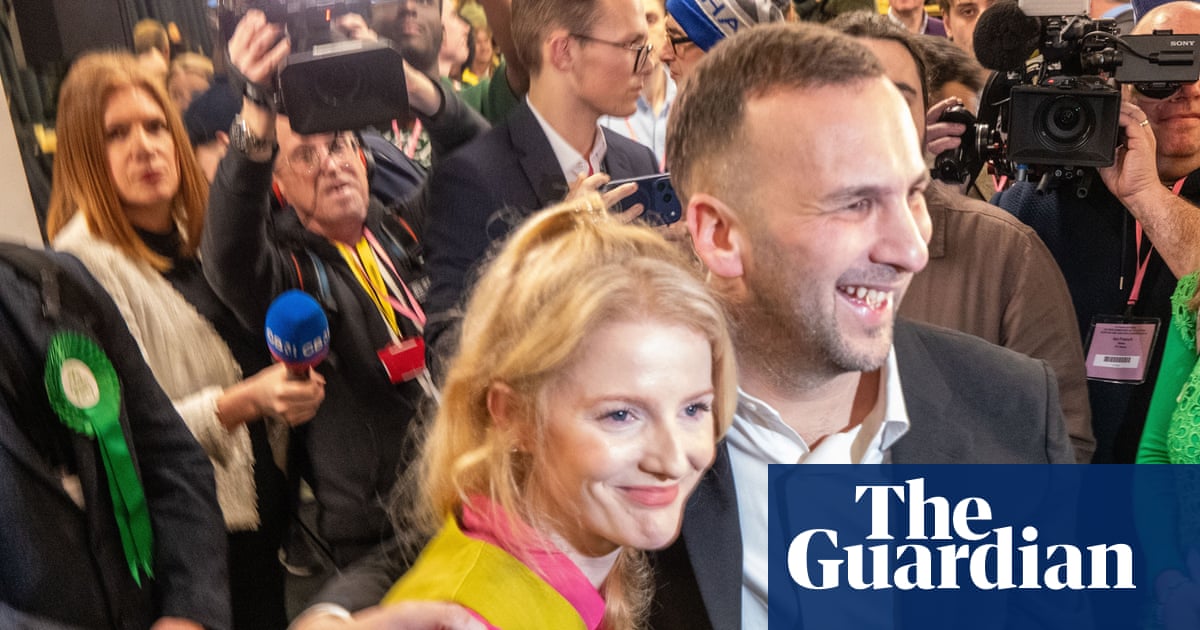The woman who has accused the prosecutor of the international criminal court of sexual abuse has been targeted by private intelligence firms as part of a covert operation said to have taken place on behalf of Qatar.
The Guardian can reveal details of the intrusive operation, which has obtained sensitive information about the woman, who works at the ICC, and her family members.
According to leaked files seen by the Guardian and people familiar with the operation, one of the firms sought her passport details and other sensitive information, including about her child.
A core aim of the intelligence firms was to find evidence that could be used to undermine her credibility and the abuse claims she has made against the ICC prosecutor, Karim Khan.
Khan, a prominent British lawyer, has denied the abuse allegations and people close to him have suggested the claims are part of an Israel-backed smear campaign in response to his decision in 2024 to obtain an arrest warrant for the Israeli prime minister, Benjamin Netanyahu.
The private intelligence operation was led by Highgate, a discreet company based in London’s Mayfair district. It describes itself as a “strategic advisory firm” that advises chief executives and political leaders to manage “high-stakes issues”.
Working with at least one other firm, Highgate sought to establish connections between the woman and Israel. However, documents seen by the Guardian suggest no such evidence was found.
People familiar with activities of the private intelligence firms said its operation was commissioned by a high-level diplomatic unit within the Qatari state.
Khan’s alleged victim told the Guardian she was appalled by the “disturbing” operation. “The idea that private intelligence firms have been instructed to target me is as incomprehensible as it is heartbreaking.”
In a statement to the Guardian, Highgate confirmed it had worked on an operation related to the ICC but said it had not “acted against any individual”. It denied the project was paid or commissioned by the “government of Qatar”.
Details about a Qatari unit’s apparent involvement in the spy operation – which also appears to have targeted other ICC officials – is the latest twist in the saga relating to the prosecutor that has thrown the court into an unprecedented crisis.
Khan’s decision to seek warrants for Netanyahu and his former defence minister Yoav Gallant for alleged crimes in Gaza has made him and the court a target for the US and Israel.
The abuse allegations have further complicated his tenure as prosecutor. He has stepped aside pending a UN inquiry into his conduct.
The Guardian has seen no evidence that Khan had any personal involvement in the operation. However, people familiar with the operation said Highgate met Khan’s representatives, raising questions about the purpose of the meeting.
Year of turmoil
Khan’s term as ICC prosecutor was thrown into turmoil late last year when the abuse allegations made by the court staffer became public. The woman, a lawyer in her 30s, worked directly for him.
Her claims include allegations of coercive sexual behaviour and abuse of authority. The alleged sexual misconduct is said to have occurred in hotel rooms during work trips, in Khan’s office at the ICC, and at his home.
A UN watchdog is investigating her claims. In August, the Guardian reported that a second woman had come forward to the inquiry with allegations that Khan mistreated her while working for him as an unpaid intern earlier in his career.
Khan’s lawyers have repeatedly said he “categorically denies” having mistreated any individual and claimed the prosecutor “has been the subject of an orchestrated campaign” to discredit him.
While the Guardian understands there have been attempts by pro-Israeli actors to leak information about the ICC staffer’s complaint, it has found no evidence to suggest the women have raised the allegations as part of a plot against the prosecutor.
How to contact our investigations team
Show
The best public interest journalism relies on first-hand accounts from people in the know.
If you have something to share on this subject you can contact our investigations team confidentially using the following methods.
Secure Messaging in the Guardian app
The Guardian app has a tool to send tips about stories. Messages are end to end encrypted and concealed within the routine activity that every Guardian mobile app performs. This prevents an observer from knowing that you are communicating with us at all, let alone what is being said.
If you don't already have the Guardian app, download it (iOS/Android) and go to the app menu. Pick ‘Secure Messaging’, follow the instructions to compose your message and select ‘UK Investigations Team’ as the recipient.
SecureDrop, instant messengers, email, telephone and post
If you can safely use the tor network without being observed or monitored you can send messages and documents to the Guardian via our SecureDrop platform.
Finally, our guide at theguardian.com/tips lists several ways to contact us securely, and discusses the pros and cons of each.
Illustration: Guardian Design / Rich Cousins
The private intelligence operation that has targeted the woman at the centre of the UN inquiry is said to have commenced earlier this year, when Highgate was commissioned by Qataris.
A small group of senior Highgate employees was made aware the ultimate client for the project was the Qatari unit, according to evidence reviewed by the Guardian. The funding was regarded as highly sensitive. Executives involved in the project were careful to refer to its client as the “client country” or “Q country”.
A document seen by the Guardian suggests that at one stage during the operation Highgate sought information that would link the alleged victim and her family members with Israel or its intelligence agencies.
Highgate engaged a specialist firm, Elicius Intelligence, to assist with its information gathering about the woman, her child, her husband and his parents. Highgate also asked the company to investigate other ICC officials who had been involved in the court’s response to the allegations.
Documents suggest that Elicius produced several reports for Highgate that included “sensitive” information about their private lives, former relationships, and financial situations. At one point, according to the files, Highgate asked for the birth certificate of the woman’s young child to be obtained.
Highgate also obtained the woman’s passport details and sought detailed information about flights she had taken in recent years. The reports contain passwords used by the woman for online accounts, including a private email address, that appear to have come from hacked data available on the dark web.
In its statement, Highgate said the claim it sought information about the woman’s child was “inaccurate” and suggested descriptions of other types of information obtained by the private firms were incorrect.
“Highgate led an independent assessment into potential covert or improper activities that may have sought to undermine the credibility, independence, or efficiency of the ICC,” it said. “The review has considered several incidents involving multiple individuals over an extended period.”
Highgate did not deny meeting Khan’s representatives, describing such information as “private, commercially sensitive and confidential”.
In a statement to the Guardian, Khan’s lawyers did not dispute such a meeting took place.
However, they said his representatives had “no knowledge of, let alone involvement in, the alleged activities” of the private intelligence firms. Khan’s lawyers added that he had not been provided with any “information” about its activities.
Elicius Intelligence declined to comment. The government of Qatar did not respond to a request for comment.
Khan’s alleged victim, who has been waiting for almost a year for the UN inquiry to reach its conclusions, and has found herself at the centre of a major geopolitical fallout at the ICC, expressed frustration at the situation.
“Where does this end and how much will be allowed? If this is what international justice looks like, it is not the system that I have dedicated my life to serving.” She added: “I have always done my work quietly and under the radar. I came to serve, not to be seen.”

.png) 3 months ago
84
3 months ago
84
